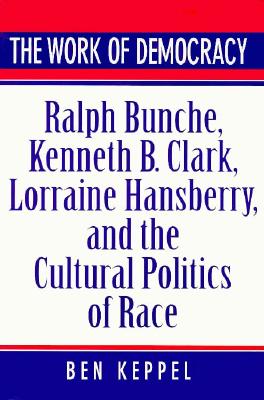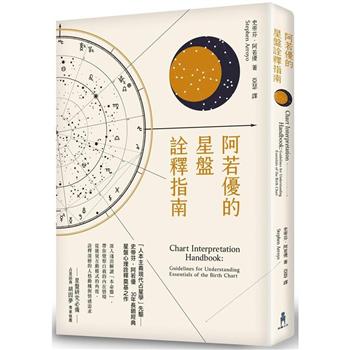Thirty years after the greatest legislative triumphs of the civil rights movement, overcoming racism remains what Martin Luther King, Jr., once called America’s unfinished "work of democracy." Why this remains true is the subject of Ben Keppel’s The Work of Democracy. By carefully tracing the public lives of Ralph Bunche, Kenneth B. Clark, and Lorraine Hansberry, Keppel illuminates how the mainstream media selectively appropriated the most challenging themes, ideas, and goals of the struggle for racial equality so that difficult questions about the relationship between racism and American democracy could be softened, if not entirely evaded.
Keppel traces the circumstances and cultural politics that transformed each individual into a participant-symbol of the postwar struggle for equality. Here we see how United Nations ambassador Ralph Bunche, the first African American to receive the Nobel Peace Prize, came to symbolize the American Dream while Bunche’s opposition to McCarthyism was ignored. The emergence of psychologist and educator Kenneth B. Clark marked the ascendancy of the child and the public school as the leading symbols of the civil rights movement. Yet Keppel details how Clark’s blueprint for "community action" was thwarted by machine politics. Finally, the author chronicles the process by which the "American Negro" became an "African American" by considering the career of playwright Lorraine Hansberry. Keppel reveals how both the journalistic and the academic establishment rewrote the theme of her prizewinning play A Raisin in the Sun to conform to certain well-worn cultural conventions and the steps Hansberry took to reclaim the message of her classic. The Work of Democracy uses biography in innovative ways to reflect on how certain underlying cultural assumptions and values of American culture simultaneously advanced and undermined the postwar struggle for racial equality.| FindBook |
|
有 25 項符合
hansberry的圖書,這是第 3 頁 |
 |
$ 3120 | The Work of Democracy: Ralph Bunche, Kenneth B. Clark, Lorraine Hansberry, and the Cultural Politics of Race
作者:Keppel 出版社:Harvard University Press 出版日期:1995-02-24 語言:英文 規格:精裝 / 320頁 / 24.4 x 16.8 x 2.8 cm / 普通級/ 初版  看圖書介紹 看圖書介紹
|
|
|
圖書介紹 - 資料來源:博客來 評分:
圖書名稱:The Work of Democracy: Ralph Bunche, Kenneth B. Clark, Lorraine Hansberry, and the Cultural Politics of Race
|











